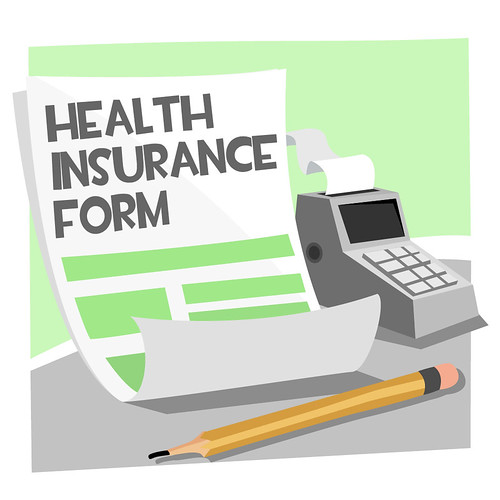Health insurance is a must-have in the event you have a serious medical emergency. You never know when disaster will strike in the form of illness, accident or injury. If you aren’t prepared with a good health insurance plan, you could stand to lose everything. If you have a good health plan in place, you can rest easy that your expenses will be taken care of. You have a couple of choices when it comes to purchasing health insurance. You can go with an individual plan, or if your employer offers group insurance, you can save money by choosing that plan.
It is crucial that you know what the coverage will actually encompass when you are making a decision about health insurance. Choosing a policy that covers what you need is the best way to get your money’s worth.
If you’re thinking about obtaining health insurance, you should ensure you determine all the costs of doing so. Build up a thorough understanding of the real costs presented by a particular plan, making sure to factor in the trickier factors like co-pays and flexible deductibles.
To lower your insurance premiums, see if your employer offers a wellness program for their employees. Many employers offer incentives for employees to have their health and lifestyles assessed. You may then be able to sign up for fitness programs, which can help the company save money on its insurance coverage and lower your own premiums.
Always review your health insurance expectations for the next enrollment period as the open-enroll date nears. What was acceptable in the past may not work at this moment, particularly if you developed a health condition, need to add a relative or need make other kinds of adjustments. Open enrollment is also the time to make changes to dental and vision insurance coverage if your employer offers that.
Health Insurance Premiums
Track your health insurance premiums to cut down your tax liability. Lots of people don’t know that health insurance premiums are tax deductible. You can also deduct the money you spend paying for your deductible, prescriptions or any visits not covered by your insurance. State taxes are different than federal taxes though, so make sure to check the guidelines.
If you talk to a health insurance agent, don’t tell them anything they don’t ask for. Only answer the questions they directly ask you. Even if they are legitimate, the information you provide will be recorded and can be used to spike up the premium you pay each month.
You should realize that states regulate private insurance, so it is not possible to purchase it across state lines because of interstate commerce laws. Therefore, going to a hospital in a different state may mean that your policy will not cover it. Insurance companies set their own rules, so be sure to find out their policies ahead of time.
Insurance Provider
It’s a good idea, before choosing an insurance provider, to call your physician, clinics and hospitals to confirm that you will be covered completely if you use their services. You can easily check to see if your doctor is listed by checking the insurance provider’s website.
Make sure that your health insurance plan covers pregnancy expenses before you get pregnant, and if yours doesn’t then you’ll need to find one that does. If you don’t focus on this in particular when shopping for a plan, your insurance might not cover every part of pregnancy and labor.
If you do not visit the doctor very much, you should look into starting an HSA, or Healthcare Savings Account. Just think, the money you are not paying in higher insurance costs can be set aside for any future medical expenses.
Health Insurance
When you compare individual and group insurance, it’s easy to see that group insurance may cost you less on a monthly basis; however, you may have more choices with an individual plan. Whatever option you choose, the most important thing is to have some form of health insurance in place. Being uninsured in these times means you are running a serious risk. Some thing can go wrong at anytime, leaving you with large bills that could wipe out your savings. Don’t put it off any longer; determine what kind of health insurance you need right now.

